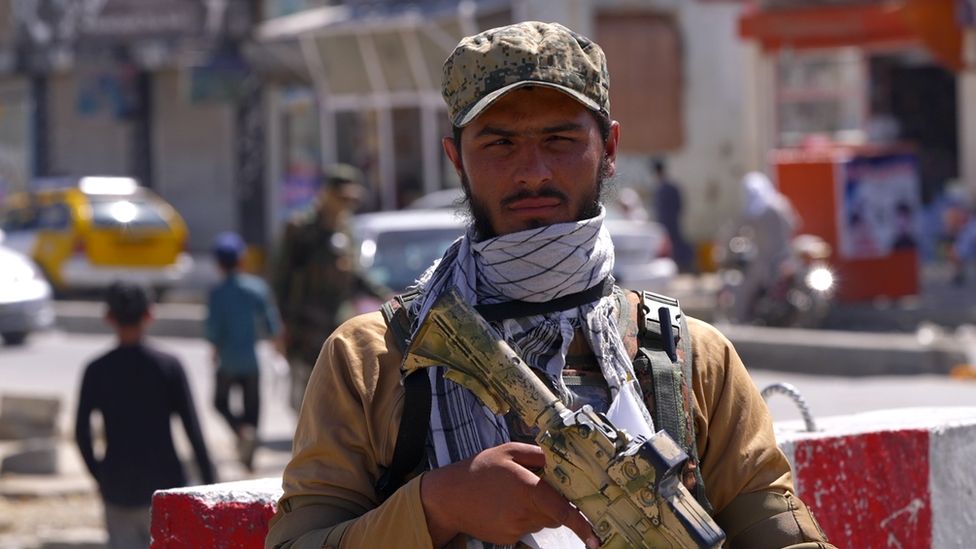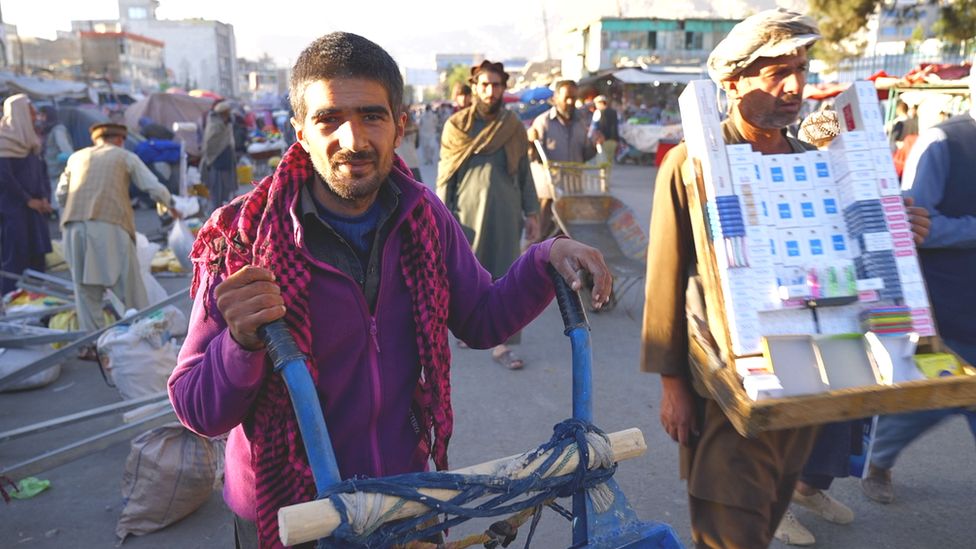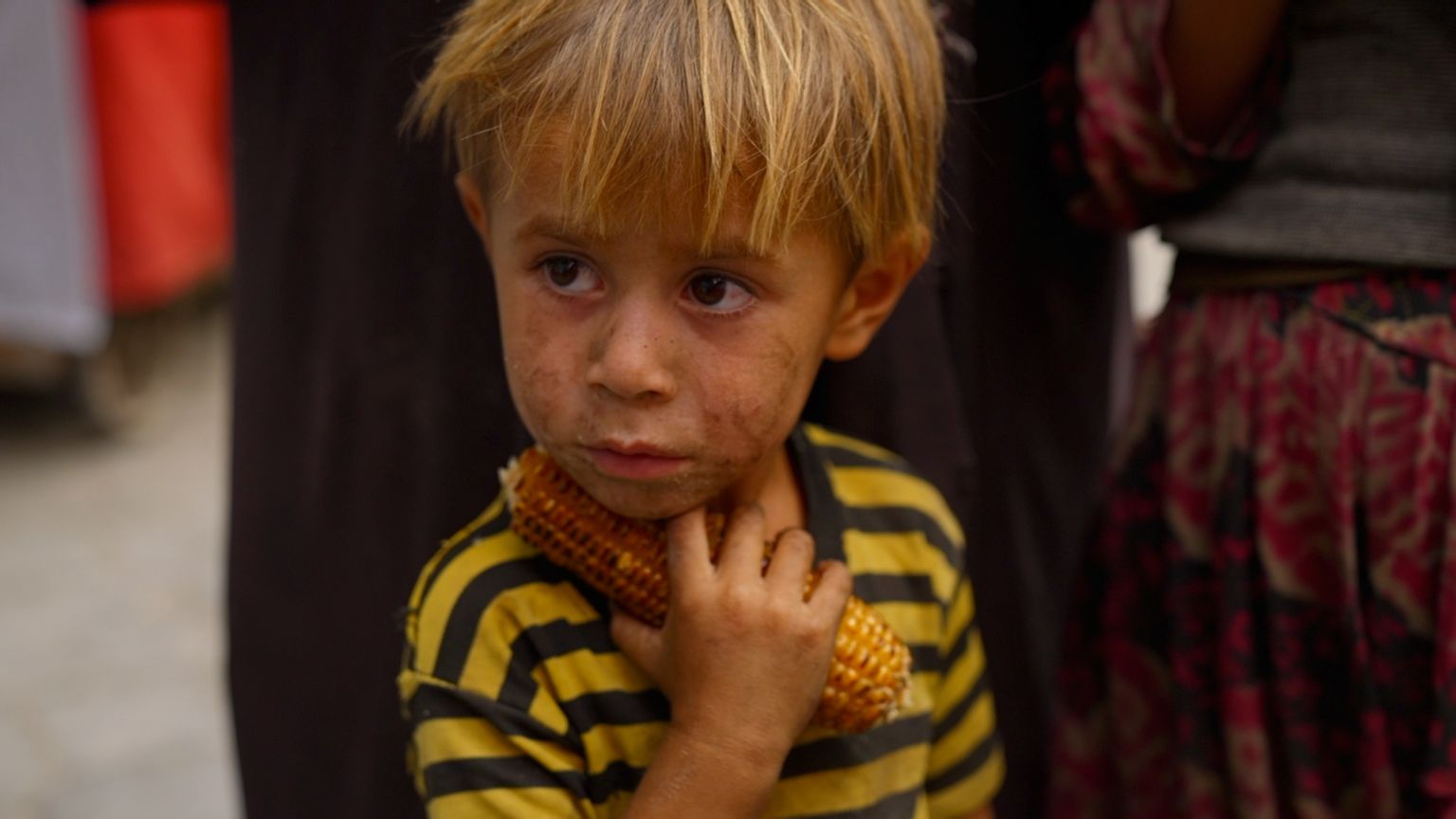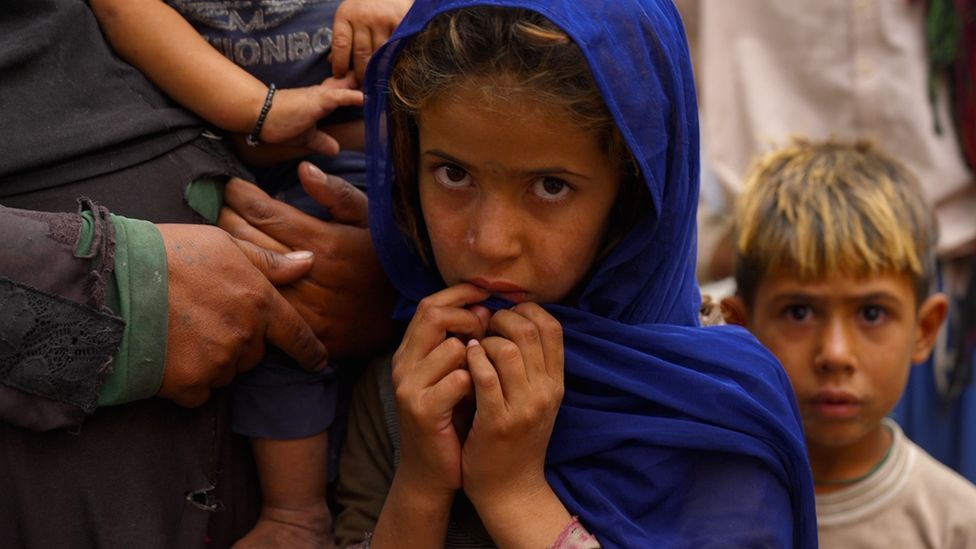Afghanistan, a Failed Country in Duress
 |
| Taliban guards patrol the streets of Kabul |
"Children are going to die. People are going to starve. Things are going to get a lot worse.""I don't know how you don't have millions of people, and especially children, dying at the rate we are going, with the lack of funding and the collapsing of the economy.""What we are predicting is coming true much faster than we anticipated. Kabul fell faster than anybody anticipated and the economy is falling faster than that.""You've got to unfreeze these funds [repurposing development assistance to humanitarian aid] so people can survive."David Beasley, executive director, World Food Program
 |
| Every day brings labourers looking for work - but there is little to go round |
In
the most sorrowful of sinister warnings, it has begun; children are
dying and more will follow. Eight orphaned children, all under the age
of ten, whose parents had died and who were left to fend for themselves,
dependent on handouts from neighbours and strangers in a country where
food is scarce and people are facing starvation, did die of starvation.
Neglected, no one to be concerned for their welfare, they were simply
unable to cope with the challenge of finding enough food somewhere to
sustain their existence.
This
happened in the capital city of Afghanistan. An estimated fifty percent
of the population of poverty-wrenched Afghanistan now face food
shortages. A serious situation is becoming utterly dire. The country
looms on the brink of experiencing the worst humanitarian crisis in the
world. Similar warnings are issued by the United Nations from time to
time; starvation in Somalia, in Yemen, Democratic Republic of Congo,
Liberia, Haiti, Central African Republic, and the list goes on.
Tribal
and sectarian conflict, internal and external challenges leading to war
and persecution. Where there is war, farmers cannot cultivate their
fields. Where there is conflict, people flee their towns and villages,
becoming homeless and refugees, finding both shelter and food and
welcome hard to come by. A newly-impoverished Afghanistan, victimized by
corruption, by ethnic, clan and sectarian violence, now the Islamic
Emirate of Afghanistan, has seen international funding dry up,
humanitarian charity unwilling to fund the Taliban.
 |
| Going to bed hungry is the new reality in a country that has seen decades of war |
Drought,
war and poverty have accompanied the rise to power of the Taliban;
endemic, now acute. The eight dead children left on their own to
survive, failed to and their bodies were found in West Kabul according
to local leaders. Suffering from a tumour their bedridden father had
died, and their mother, with heart disease soon followed their father in
death, explained local cleric Mohammad Ali Bamiani. Neighbours
occasionally brought them bread and water; it was their landlord who
found the bodies.
The
new Taliban administration in Afghanistan, nurtured by Pakistan,
accepted by its near neighbours has been blacklisted from accessing
overseas-located assets. Charitable funding meant to aid in
reconstruction and development would be better used, suggested the World
Food Program head, by transforming its purpose to feeding the hungry in
Afghanistan. Who now resort to the desperate measures of selling
anything they own to obtain food.
To
even hope to begin minimally feeding the 23 million food-vulnerable
population as winter approaches, the UN food agency requires $220
million each month. Aid groups urge wealthy nations to swallow their
distaste in dealing with a violently aggressive Islamist group by
diplomatic engagement in hopes of preventing a social/economic collapse
that could launch yet another catastrophic crisis of mass migration.
 |
| Most Afghans are now trying to feed themselves and their children after the economy collapsed |
Labels: Afghanistan, Poverty, Starvation, Taliban, Warning, World Food Program

<< Home